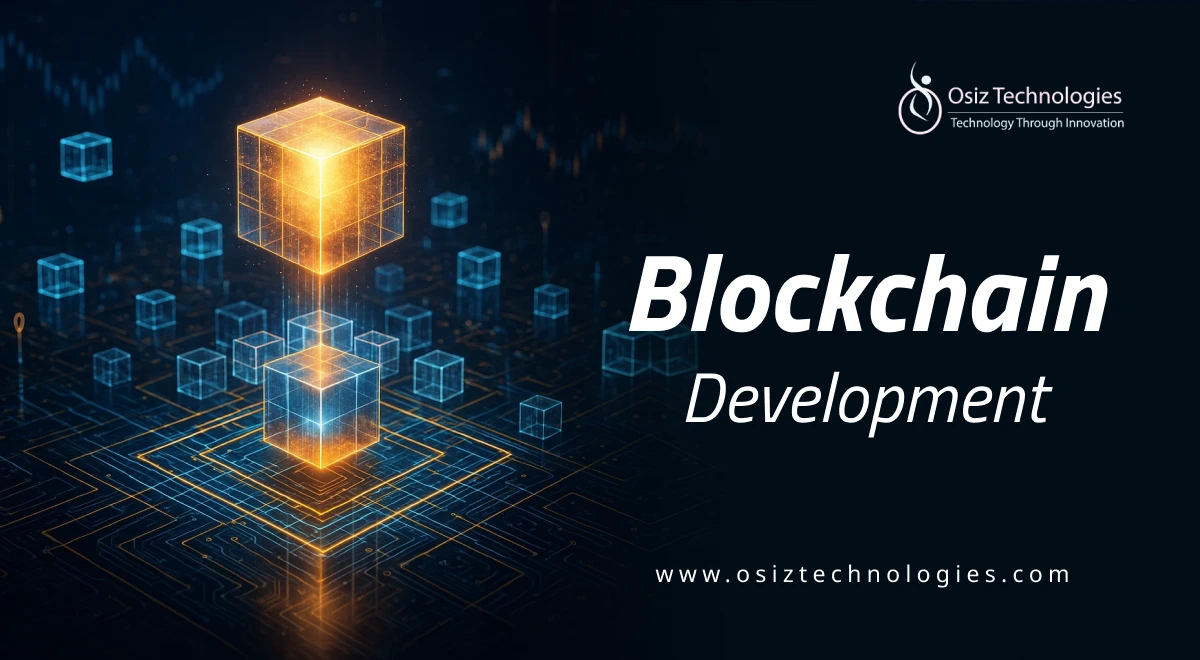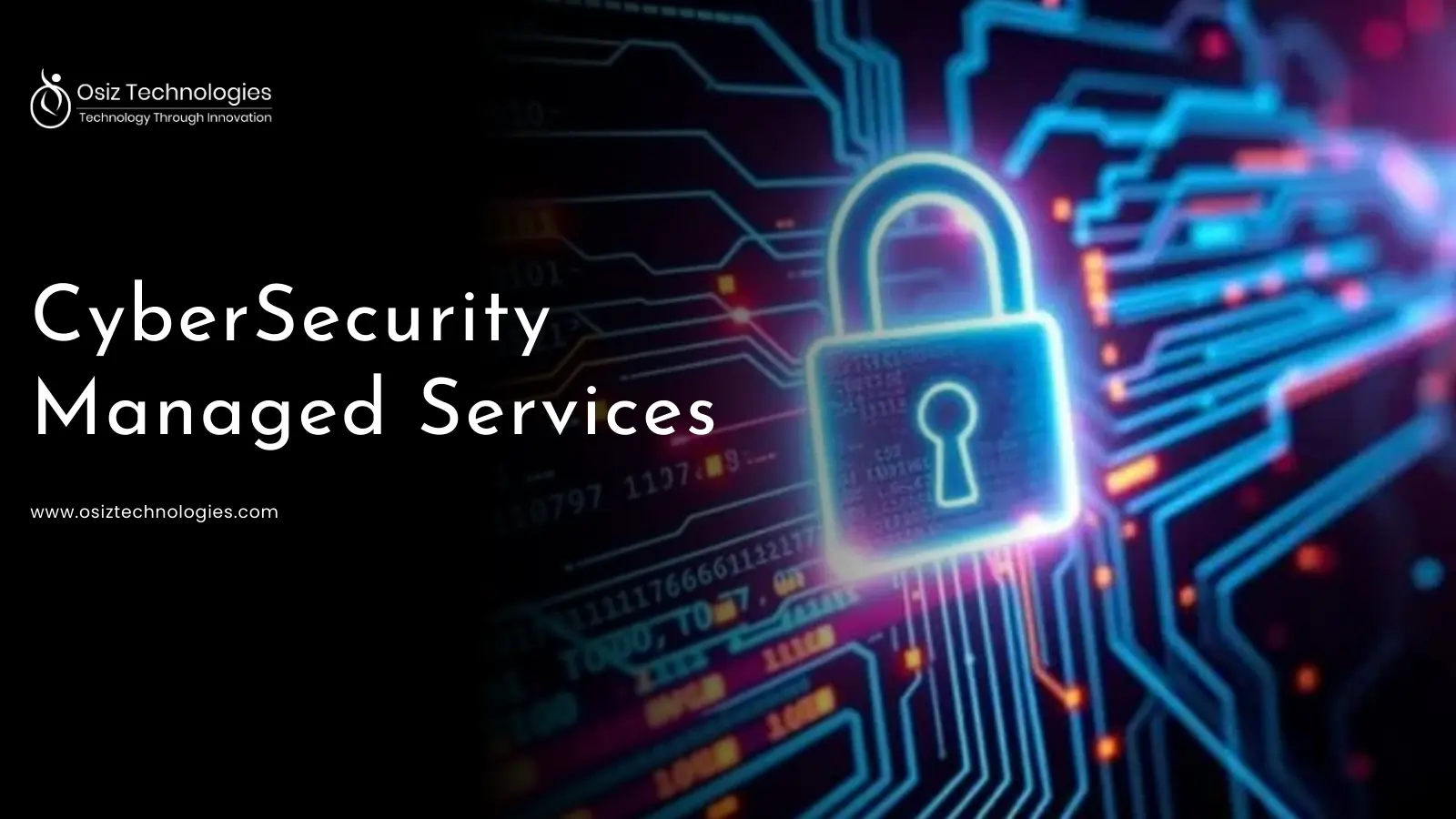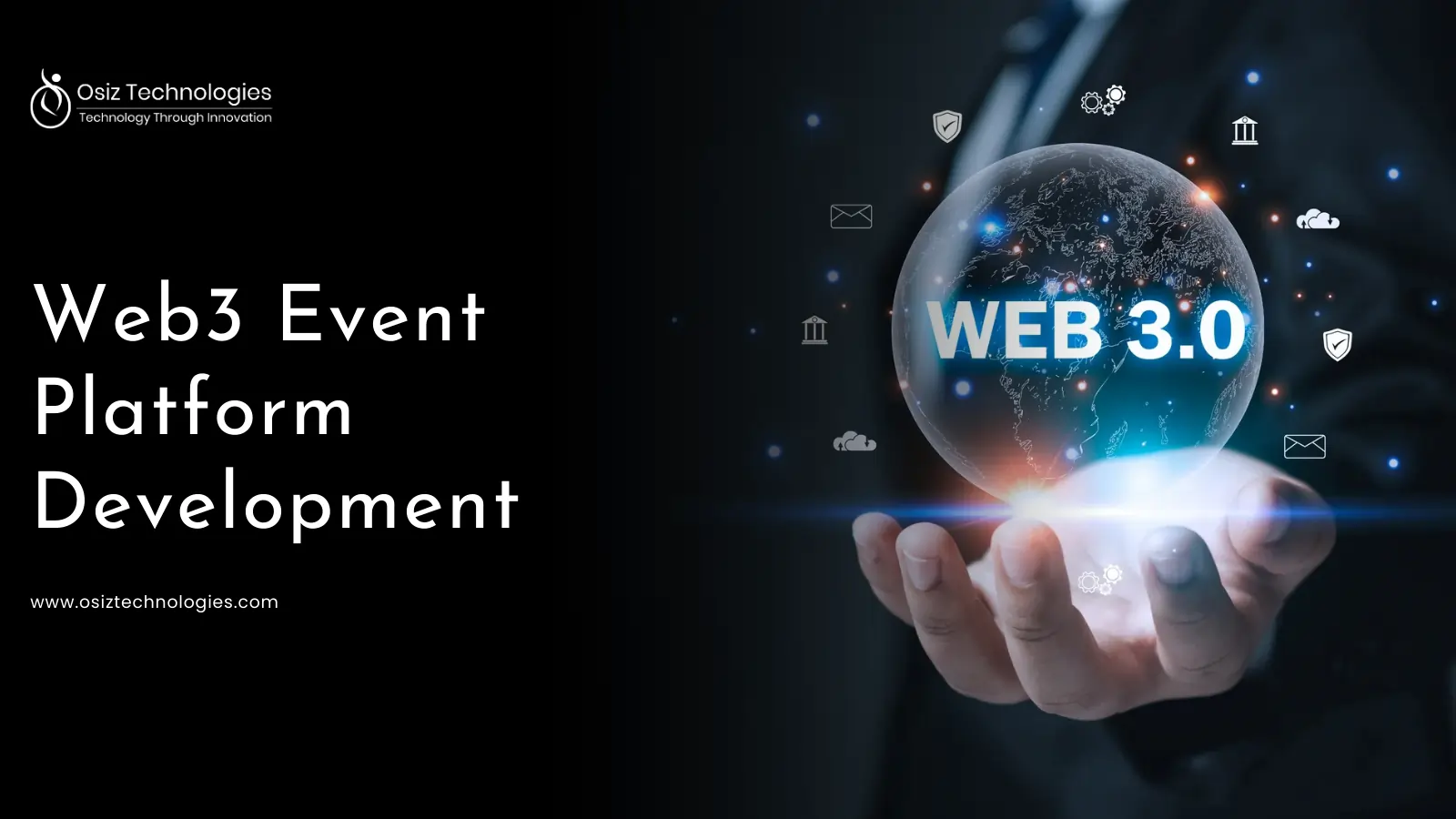As we step into a new era of technology, blockchain continues to evolve, promising to reshape industries and redefine how we interact with digital assets. This article delves into the future trends in blockchain development, highlighting key innovations such as modular blockchain architecture, zero-knowledge proofs, and the integration of artificial intelligence. With a focus on scalability, interoperability, and regulatory advancements, we explore how these trends will influence everything from decentralized finance to supply chain management.
Understanding Blockchain Technology
Blockchain technology, at its core, is a decentralized ledger system that records transactions across multiple computers. This ensures that the recorded transactions cannot be altered retroactively, enhancing security and transparency. As industries increasingly adopt blockchain, understanding its foundational principles becomes crucial for grasping future trends.
Modular Blockchain Architecture
One of the most significant trends is the shift towards modular blockchain architecture. Unlike traditional monolithic systems, modular architectures allow for the separation of various functions, such as consensus, data availability, and execution. This separation enhances scalability and flexibility, enabling developers to create tailored solutions for specific use cases. For instance, frameworks like Celestia and Polygon 2.0 are pioneering this approach, allowing for scalable, composable ecosystems that can adapt to real-world applications.
Zero-Knowledge Proofs
Zero-knowledge proofs (ZKPs) are gaining traction as a means to enhance privacy and security in blockchain transactions. This cryptographic method allows one party to prove to another that a statement is true without revealing any additional information. As privacy concerns grow, the adoption of ZKPs will likely increase, especially in sectors such as finance and healthcare, where sensitive data must be protected.
Blockchain Interoperability
Interoperability between different blockchain networks is becoming increasingly crucial. As more organizations adopt blockchain technology, the need for seamless communication between disparate systems grows. Solutions that enhance blockchain interoperability will enable the transfer of assets and data across different networks, fostering collaboration and innovation. This trend is expected to be a game-changer in creating a more interconnected blockchain ecosystem.
AI Integration in Blockchain
The integration of artificial intelligence (AI) with blockchain technology is another trend to watch. AI can enhance blockchain's capabilities by automating processes, improving decision-making, and providing insights through data analysis. For example, AI-driven smart contracts can execute transactions based on predefined conditions, reducing the need for intermediaries and increasing efficiency.
Tokenization of Real-World Assets
Tokenization is transforming how we perceive and manage assets. By converting physical assets into digital tokens on a blockchain, ownership becomes more accessible and transferable. This trend is particularly relevant in real estate, art, and commodities, where fractional ownership can democratize investment opportunities. As regulatory frameworks evolve, we can expect the tokenization of real-world assets to gain momentum.
Enterprise Blockchain Solutions
Many enterprises are exploring blockchain solutions to enhance operational efficiency and transparency. From supply chain management to identity verification, the applications are vast. Companies are increasingly investing in tailored blockchain solutions that address specific business challenges, leading to improved trust and accountability in transactions.
Blockchain Regulation Updates
As blockchain technology matures, regulatory frameworks are also evolving. Governments worldwide are beginning to establish guidelines to ensure compliance and protect consumers. Staying updated on blockchain regulation is essential for businesses to navigate the legal landscape effectively. As regulations become clearer, we can expect increased adoption and innovation within the blockchain space.
Decentralized Finance (DeFi) Trends
Decentralized finance, or DeFi, continues to disrupt traditional financial systems. By leveraging blockchain technology, DeFi platforms offer users the ability to lend, borrow, and trade assets without intermediaries. Trends such as yield farming, liquidity mining, and the rise of decentralized exchanges are reshaping how individuals interact with finance. As the DeFi ecosystem matures, we can expect more robust solutions that cater to a broader audience.
Blockchain Scalability Solutions
Scalability remains a significant challenge for blockchain networks. As user adoption increases, the demand for faster and more efficient transactions grows. Solutions such as layer-2 scaling, sharding, and sidechains are being developed to address these issues. By enhancing scalability, blockchain technology can support a higher volume of transactions, making it more viable for mainstream adoption.
Blockchain as a Service (BaaS)
Blockchain as a Service (BaaS) is emerging as a popular model for businesses looking to leverage blockchain technology without the complexities of managing their own infrastructure. BaaS providers offer cloud-based solutions that enable companies to build and deploy blockchain applications quickly. This trend is expected to accelerate the adoption of blockchain across various sectors, as it lowers the entry barrier for organizations.
Digital Assets Accounting Standards
As digital assets become more prevalent, the need for standardized accounting practices is critical. Organizations are seeking clarity on how to report and manage digital assets, including cryptocurrencies and tokenized assets. Establishing digital assets accounting standards will provide transparency and consistency, fostering trust among investors and stakeholders.
Blockchain in Supply Chain Management
Blockchain technology is revolutionizing supply chain management by enhancing traceability and transparency. Companies can track products from origin to consumer, ensuring authenticity and reducing fraud. This trend not only improves operational efficiency but also builds consumer trust, as buyers can verify the provenance of products.
Blockchain Privacy Enhancements
With increasing concerns over data privacy, blockchain privacy enhancements are becoming essential. Techniques such as zk-SNARKs and confidential transactions are being developed to protect user data while maintaining transparency. As privacy regulations tighten, these enhancements will play a crucial role in ensuring compliance while leveraging blockchain's benefits.
Central Bank Digital Currencies (CBDCs)
The rise of central bank digital currencies (CBDCs) is a significant trend in the blockchain landscape. Governments are exploring the potential of CBDCs to enhance financial inclusion, streamline payments, and improve monetary policy. As more countries pilot CBDCs, their impact on the global economy will be closely monitored.
Stablecoin Adoption Trends
Stablecoins, which are pegged to traditional currencies or assets, are gaining traction as a means of reducing volatility in the cryptocurrency market. Their adoption is expected to rise, especially in the DeFi space, where they provide a reliable medium of exchange. As stablecoins become more widely accepted, they may play a pivotal role in bridging the gap between traditional finance and the blockchain ecosystem.
Conclusion: Embracing the Future of Blockchain
As blockchain technology continues to evolve, staying informed about these trends is essential for businesses and individuals alike. From modular architectures to AI integration, the future of blockchain holds immense potential. By embracing these innovations, we can unlock new opportunities and drive meaningful change across industries. For more insights on blockchain development and how it can benefit your organization, connect with us at osiztechnologies
Listen To The Article
Recent Blogs

Avail
30% Off












